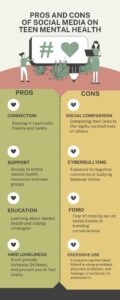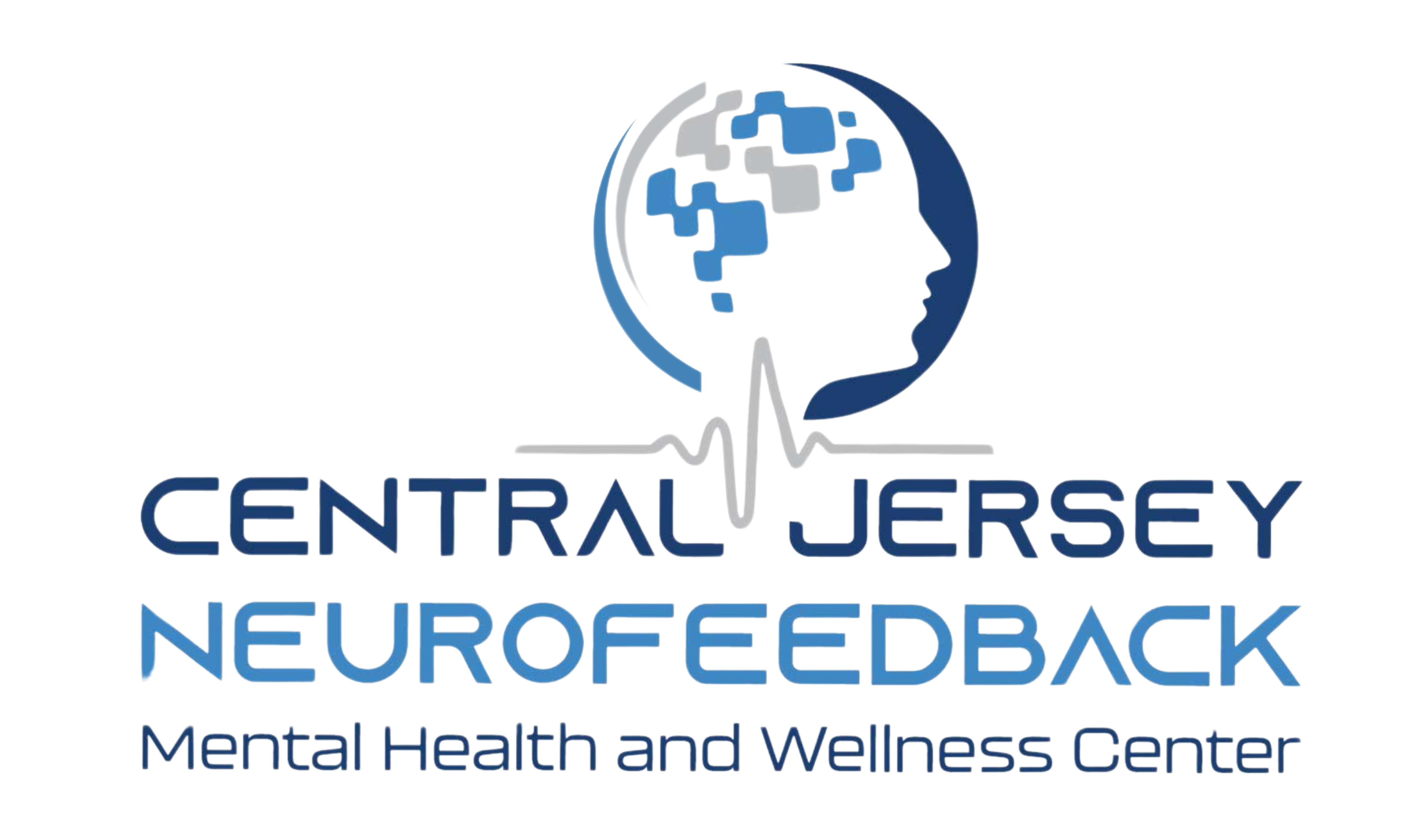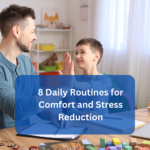Teen Anxiety in the Digital Age: The Role of Social Media
Social media is an inevitable part of the lives of numerous individuals in today’s world. Teenegers utilize it as a platform to interact with people and showcase their talents to the world.
Research done by Jean Twenge, Ph.D., a psychology professor at San Diego State University, describes the association between utilizing social media in teenagers and the growing rate of anxiety in them.
She said that a young person who uses a mobile device for five hours a day faces a 71 percent likelihood of developing mental health problems, including anxiety.
This article examines the social media environment and how it affects the lives of teenagers.

Key Operators of Social Media Use in Teens
Young boys and girls come to social media for many reasons. They are attracted to connect with the boys and girls of their age. They also enjoy following many trends going around on social media. In many cases they become excessively anxious about these trends and getting followers, this will eventually make them experience inner stress and anxiety
How Social Media Affects Teen Mental Health
Social media outlines teenagers’ mental health. Through social media, teenagers can bond with others and make friends. However, by utilizing social media, they begin to compare themselves with others and their lifestyle.
Dr. Brian Primack, director of the University of Arkansas Center for Research on Media, Technology, and Health, says that as much time teenagers spend on social media, there is a greater probability that they will be isolated from the real world.
Pros and Cons of Social Media on Teen Mental Health

Indications Social Media Use Is Negatively Affecting Your Teen
Here are some cautions to watch if you think social media is negatively affecting your teen:
- Removal from real-life social interconnections.
- Inner sadness after using social media.
- Disarranged sleep due to late-night social media use.
- Excessive examination of notifications and posts.
How to Protect Teens on Social Media
Shielding teens from the negative consequences of social media can be hard, but here are some steps to take:
- Set Time Limits
- Discuss Emotions
- Teach Online Boundaries
Role of Policymakers, Tech Companies, and Parents in Supporting Teens
- Policymakers : Advice for powerful digital protection for teens.
- Tech Companies : Launch features that encourage a healthy screen routine.
- Parents : Guide teens on manageable social media use and supply emotional support.
FAQ: Teen Anxiety and Social Media
1. How does social media lead to anxiety in teens?
Social media can be the origin of anxiety by promoting impractical comparisons, revealing teens to cyberbullying, and producing a feeling of deficiency or misplacement.
2. Can limiting social media use reduce anxiety?
Yes, studies recommend that lowering social media utilization can help; it will decrease stress and anxiety.
3. Are there any positive effects of social media on teens?
When used with responsibility, social media can help teens link with positive social circles, stay educated about current matters, and have access to mental health support..
4. How can parents help their teens manage social media anxiety?
Parents can help by managing healthy screen time limits and motivating open discussions about feelings.
5. What are some signs that social media is negatively affecting my teen?
Signs involve mood changes after using social media, excessive checking of notifications, trouble sleeping, and removal from real-life social interconnections.
Conclusion: Unplugging for Better Mental Health
Social media has a double effect on teens. It provides chances for connection and belonging, but also gives challenges that can make anxiety worse. By recognizing the hints of social media-induced anxiety and applying healthy borderlines, parents, and teens can make a healthy approach to social media usage. Having a blend of both online and offline activities can help teens continue greater mental health in a growing digital world.

